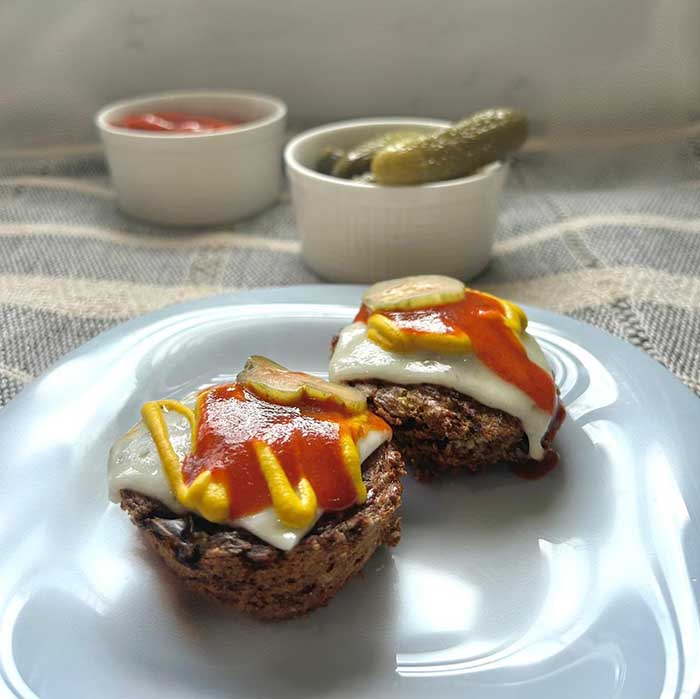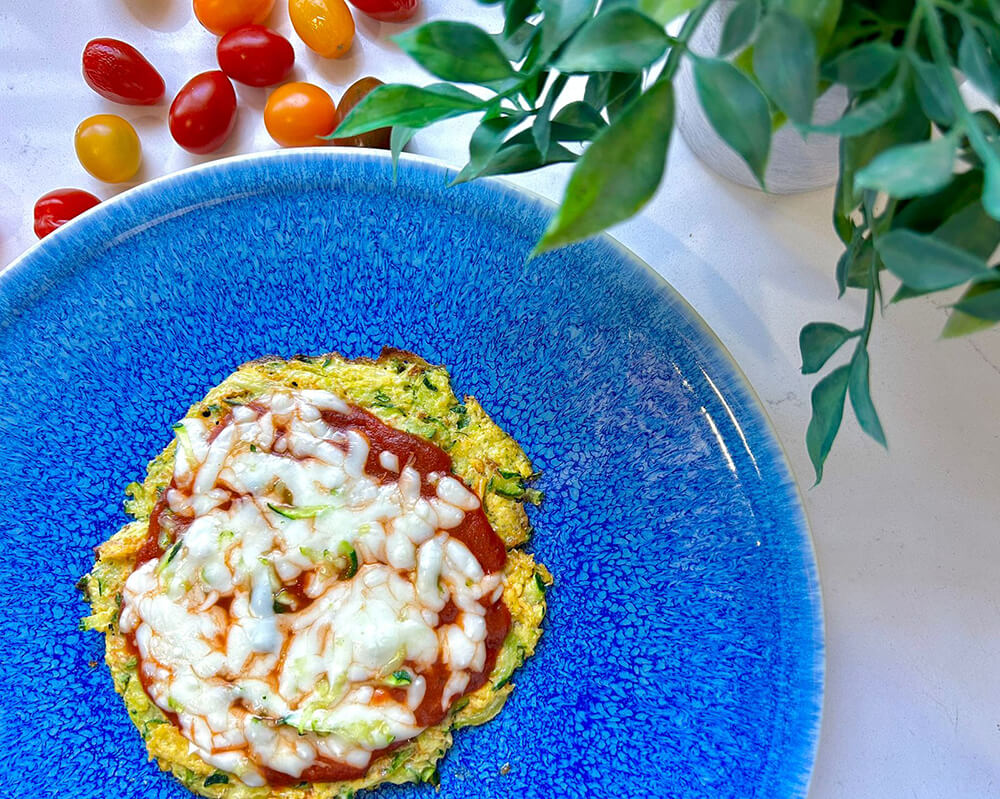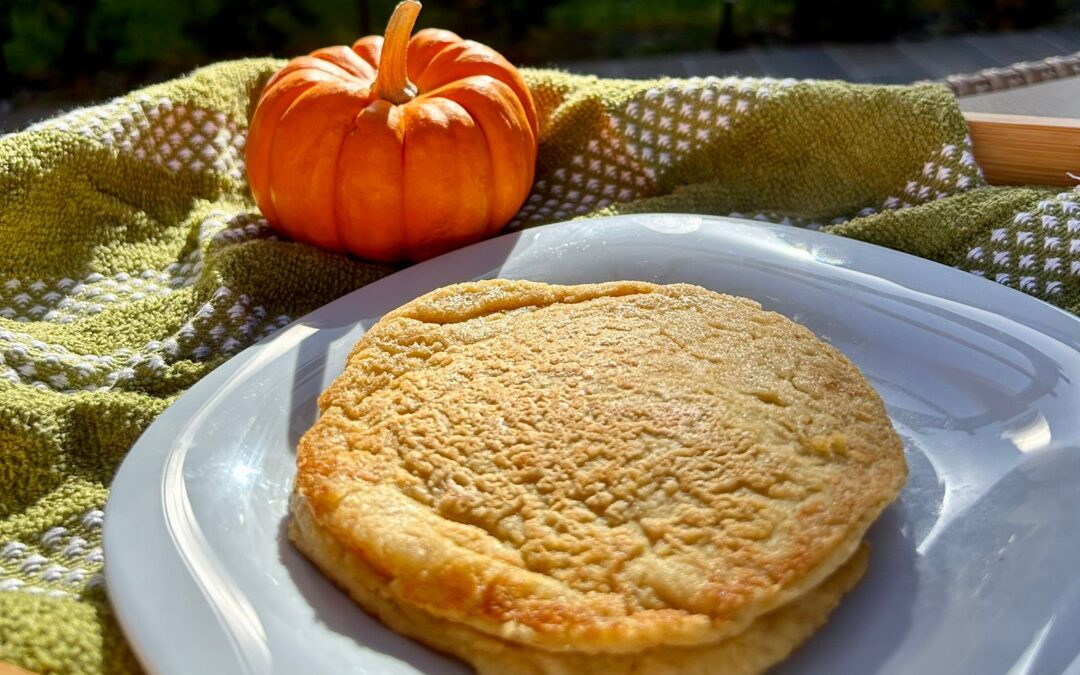Permanent Acid Reflux (GERD) After Gastric Sleeve Surgery. Cause & Solution
“Why does this happen after gastric sleeve surgery in particular?”
Do you wake up in the middle of the night with a horrible feeling that you are almost drowning as your mouth and nose get filled with a burning acidic liquid coming from your esophagus (the food pipe)? You get up to spit and cough and possibly even throw up. You run to brush your teeth to get rid of the sour taste in your mouth. The picture can be less dramatic, as every patient is different, the severity of symptoms may vary. One could simply feel heartburn or pain in their stomach or upper chest. What you are experiencing is called acid reflux or GERD – gastroesophageal reflux disease.
If acid reflux (GERD) hasn`t gone away after 6 months post gastric sleeve surgery, most likely you have developed permanent GERD, it is not uncommon after gastric sleeve surgery in particular, regardless of having the symptoms of heartburn pre-op or not.
Cause
Acid reflux occurs when the muscle (sphincter) at the lower end of your esophagus (at the point of its connection to the stomach) relaxes at the wrong moment. As a result, stomach acid or stomach content gets pushed back up into your esophagus and even all the way to your mouth or nose. Frequent reflux leads to GERD.
Why does this happen after gastric sleeve surgery in particular?
The sleeve is a high-pressure system (pressure inside of the stomach) since the stomach is made of muscle tissue that must contract to digest food.
The size of your stomach has decreased by 75-85% because of surgery. With the sleeve both the esophageal and pyloric sphincters are left intact (those are muscles that close your stomach in the upper and bottom parts when you eat food so it can remain in the stomach and digest without being pushed upwards or further down during stomach contractions). Thus, a smaller stomach equals higher pressure: the stomach as a muscle still needs to contract, but the volume of food it is contracting around has greatly decreased, thus the pressure the stomach puts on its content (food, acid) has increased. Those sphincters (esophageal and pyloric) are not under voluntary control, and their strength after surgery hasn`t changed. Ideally, the integrity of the esophageal sphincter (the muscle in the top part of your stomach) would have to be greater than the pressure created in the small tube-like pouch in order to prevent stomach content including acid from going up to the esophagus. The reality is, and research shows that a sleeve can cause acid reflux in 9-20% of patients that did not have it before surgery (our medical team states the percentage is even higher). And generally gastric sleeve worsens reflux in patients with pre-existing GERD. For this reason, our bariatric surgeons highly recommend RNY bypass as the best surgery option for those patients who suffer from regular heartburn or acid reflux before surgery.
Solution
For some patients, acid reflux post-op is very mild, easily controlled by anti-acid medication (taking it daily for the rest of your life could be one solution, however research shows that taking antacids for more than 6-8 months could have negative side-effects in the long run).
Here are some suggestions that help keep heartburn or reflux under control in mild cases:
- Avoid irritants such as coffee, cigarettes, alcohol, condiments, chocolate, onion, and citrus (orange, lemon, grapefruit, etc.).
- Avoid flour, sugars, processed or deep-fried and greasy foods; limit dairy products especially in the afternoon and evening.
- Do not go to bed immediately after dinner but wait at least 2 hours.
- Do not overeat.
- If possible, sleep on a higher pillow.
- Take probiotics and digestive enzymes that will help digestion and reduce symptoms.
If the measures listed above don`t help, the next step is to try a stronger PPI (proton pump inhibitor, another name for a strong class of antacids). Omeprazole is very popular and most affordable; it is generic for Prilosec. If you have been taking Omeprazole twice a day, 20 mg each time, and it is not sufficient, try Nexium, it often works better (try 20 mg in the morning and 40 mg at night, take it with food). The best antacid on the market is called Dexilant or Dexivant, but it requires a prescription. If your doctor could prescribe it for you, it would be great, you would need to take a 60 mg pill once a day.
Sometimes reflux decreases over time as the patient loses weight and less pressure is put on the abdomen by its own weight. However, if at 6 months post-op it hasn`t decreased, most likely it will not go away, and the only solution available today is a revision surgery to Roux-en-Y Bypass. Why bypass? Because it is a low-pressure system. In bypass, food must pass the esophageal sphincter (in the upper part of the stomach pouch) entering a tiny egg-sized pouch and later go straight into the newly attached small intestine. Food no longer must pass the pyloric sphincter (the muscle in the bottom part of the stomach, as that portion of the stomach has been separated during bypass surgery), thus the pressure in the stomach pouch is much lower and acid will not accumulate in the stomach being pushed upward, rather it will easily flow down into the small intestine. In most patients RNY bypass resolves GERD 100% or at least significantly decreases it, only about 5% of RNY patients still suffer from GERD.
Acid reflux is painful, and it can cause scarring of the esophagus and possibly long-term complications, so it is necessary to address the issue.
Written by Go Light Bariatrics
More From This Category
Tuna Melt Poppers
Tuna melt popper a quick protein-rich lunch option! Packed with nutrients, it's the perfect pick-me-up after a long day.
Cheeseburger Mini Meatloaf
Cheeseburger Mini Meatloaf perfect for a bariatric-friendly diet, offering a high-protein, low-fat, and delicious meal option. The mini meatloaves are also great for meal prep, as they can be easily stored and reheated for a quick and nutritious meal throughout the week.
Enchiladas Casserole
Enchiladas Casserole is comfort food to give you all the protein you need per meal considering your special dietary needs after weight loss surgery.
Beet Hummus
Introducing our vibrant and flavorful Beet Hummus, a healthy snack option for the post-op diet. This is a fun twist on the classic dip that promises a burst of color and taste!
Egg Zucchini Pizza
Enjoy this low-calorie, easy-to-digest Egg Zucchini Pizza. Consider for your protein-enriched post-op diet.
Strawberry Yogurt Jello
This time we are serving up a delight that's as guilt-free as it is delicious: our Sugar-Free Strawberry Jello recipe. Consider for your protein-enriched pre-op diet.
Colorful Chicken Fajitas
Delight in the flavors of Mexico with these bariatric-friendly chicken fajitas. Consider for your protein-enriched pre-op diet.
PPI & Antacid in Weight Loss Surgery
PPI and Antacid before & after weight loss surgery can not only decrease post-operative discomfort and pain, but prevent several serious post-op complications.
Vegan Recipe – Tofu Pumpkin Pancakes
Discover a delightful vegan recipe - Tofu Pumpkin Pancakes. These pancakes are delicious, easy to make, and are tailored to support your vegan post-op diet needs.
Tofu Scramble
Enjoy a protein-packed, easy-to-digest meal that supports your recovery journey. Try this nutritious Tofu Scramble recipe tailored for your post-op diet.











0 Comments